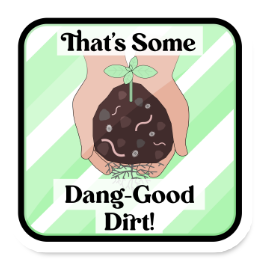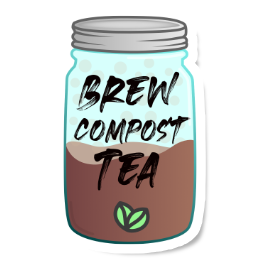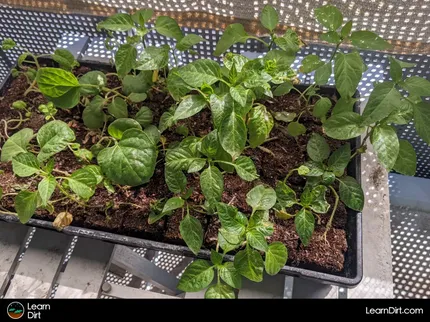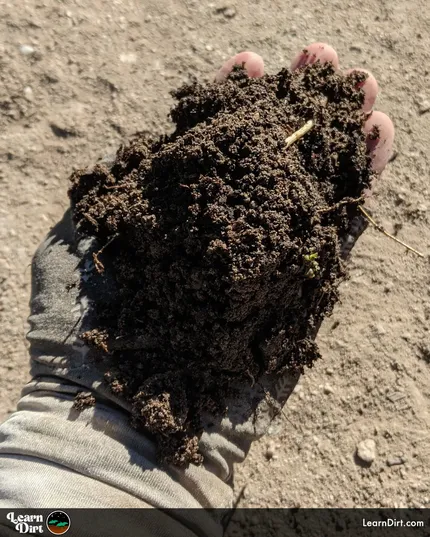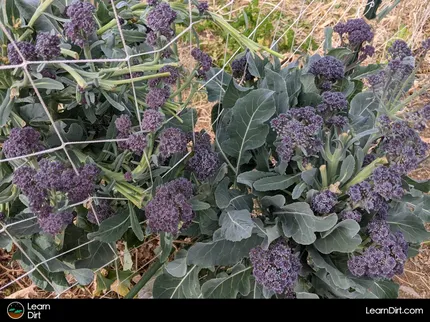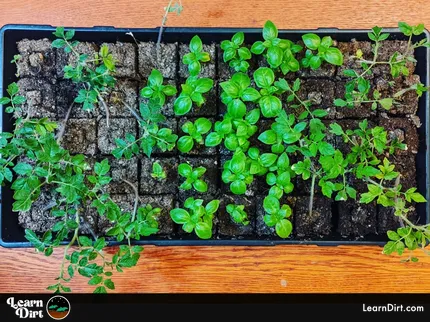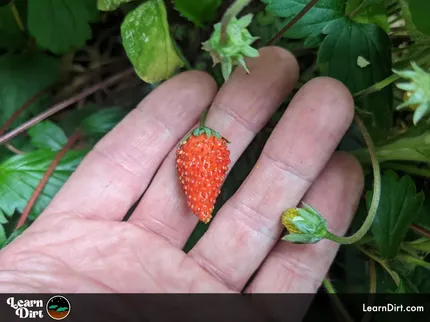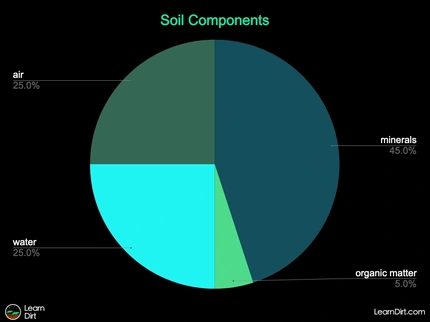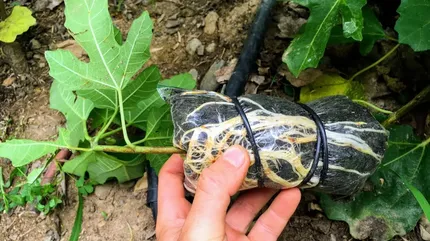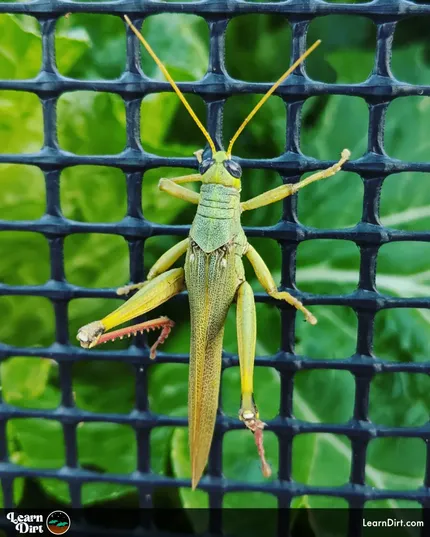Table of Contents
- What Is Fermented Plant Juice (FPJ)?
- What Is Fermented Fruit Juice (FFJ)?
- Difference Between FPJ and FFJ
- History of Fermented Plant Extracts
- Why Use Fermented Plant Extracts?
- The Fermentation Process
- Utilizing FPJ & FFJ for Sustainable Agriculture
- Additional Resources
* Our articles never contain AI-generated slop *
Fermented Plant Juice and Fermented Fruit Juice are both concepts derived from the Korean Natural Farming (KNF) method.
Both are types of organic concoctions made as agricultural fertilizers and microbial inoculants.
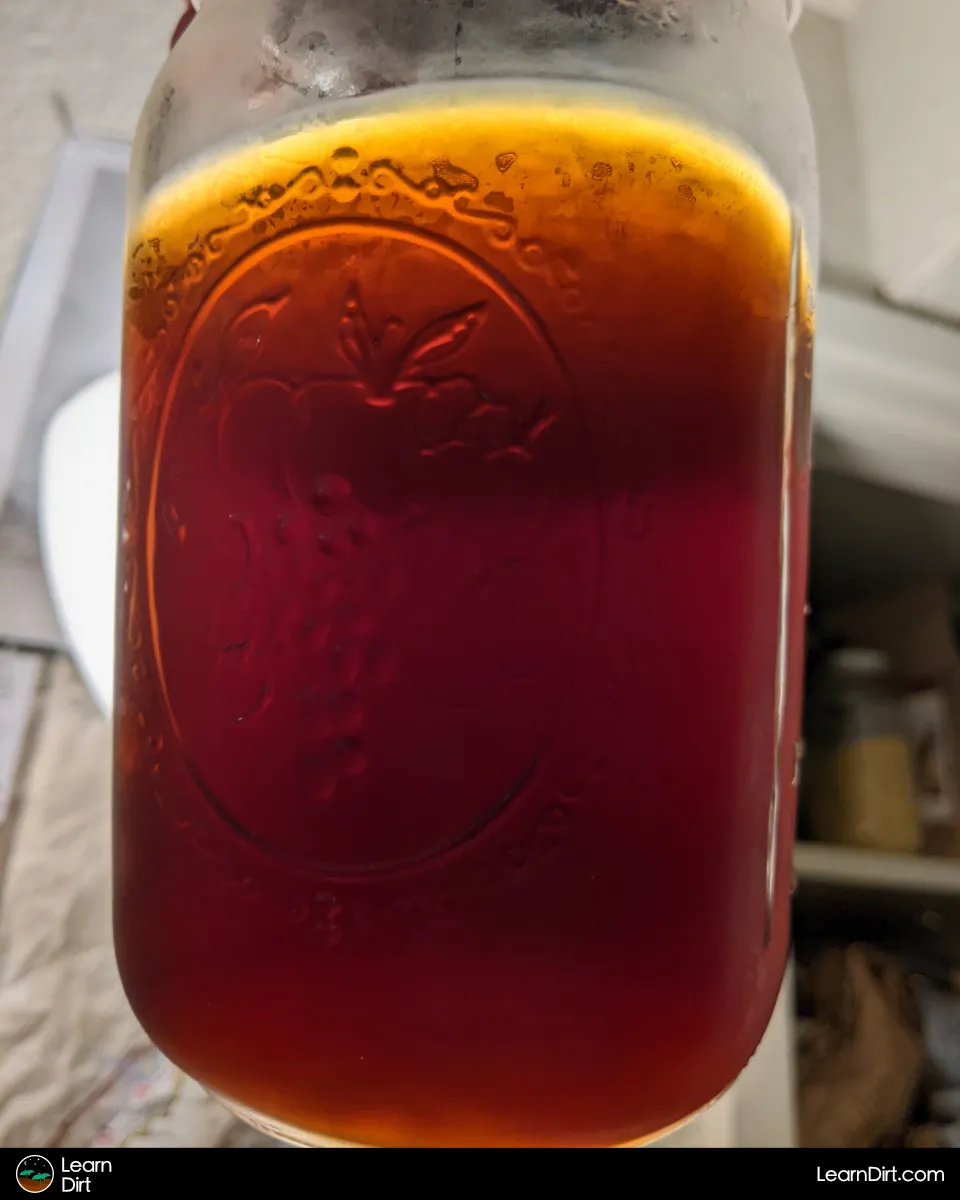
Let's look at what they are, why you might want to use them, how to make them, and application info...
Disclaimer: This post may contain affiliate links. Refer to the privacy policy for more information.
What Is Fermented Plant Juice (FPJ)?
Fermented plant juice is a powerful probiotic, fertilizer, and vegetative growth promoter for your plants.
Derived from the Korean Natural Farming (KNF) method developed by Master Han Kyu Cho, plants are fermented to create a nutrient-rich probiotic "juice".
This ferment can then be diluted and applied to soils (as a soil drench), and plants (as a foliar spray).
The essential concept here is that FPJ allows the nutrients within some plants to be re-utilized to feed your other plants.
What Is Fermented Fruit Juice (FFJ)?
Fermented fruit juice has the same probiotic and fertilizing properties as FPJ, however it is applied later during a plant's lifecycle.
When plants begin to flower, FPJ is swapped for FFJ and the fruit juice ferment application is continued through to the end of fruiting (or flowering for non-fruiting plants).
Join The Grower's Community
Looking for a place to meet growers,
ask questions, share knowledge, be heard,
and feel like you belong? 🌱
Check It Out!
This is because FFJ contains more of the sugars and enzymes that plants need to go through their reproductive stages.
Difference Between FPJ and FFJ
Fermented Plant Juice (FPJ) and Fermented Fruit Juice (FFJ) are both made using the same process, and applied in the same way.
So what's the difference, and why would you choose one over the other? Let's compare:
| Fermented Plant Juice (FPJ) |
Fermented Fruit Juice (FFJ) |
|---|---|
| Made from fast-growing and/or bio-accumulating plants during their green vegetative stage. |
Made from fruits, fruiting vegetables, and flowers. |
| Will contain growth hormones like gibberellins and auxins. |
Captures the enzymes and sugars from the flowering and fruiting stages of plant development. |
| Usually applied during the vegetative growth stage of plant development. |
Applied primarily during flowering and fruiting stages of plant development. |
History of Fermented Plant Extracts
Master Han Kyu Cho lived and worked on his family farm in South Korea.
In 1965, he went to Japan as a student of agricultural research where he studied Japanese natural farming methods.
Upon returning to South Korea, Master Cho incorporated what he'd learned of Japanese natural farming with his local knowledge of Korean natural farming methods.
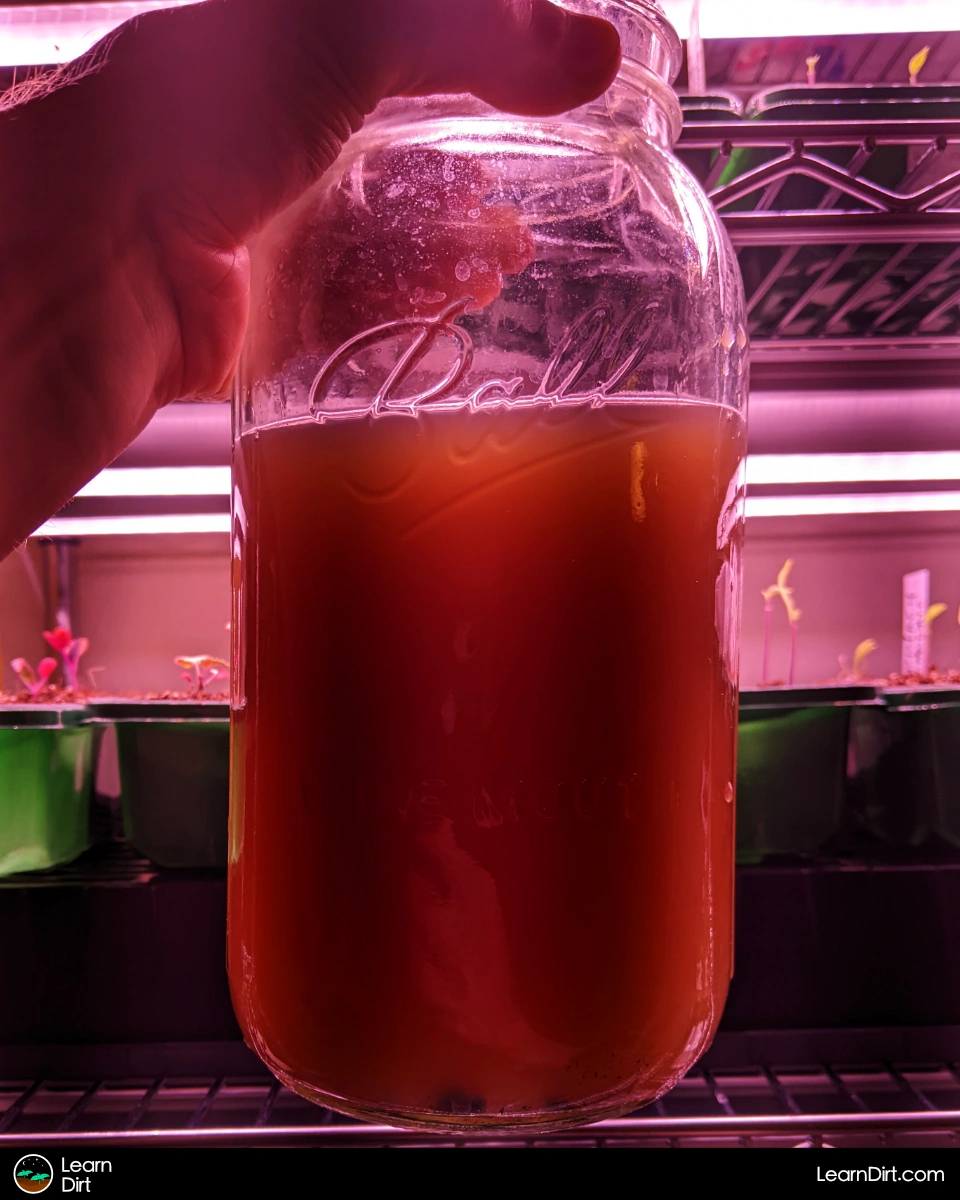
Cho also blended in fermentation techniques found in Korean cuisine in order to increase microbial activity and to make nutrients more bioavailable to plants.
These 3 pillars would blossom into what he would eventually call Korean Natural Farming (KNF).
Spread and Adoption of FPJ & FFJ in Agriculture
FPJ & FFJ on Demonstration Farms
There's an absolute wealth of info about gardening practices online, but there's something totally different about seeing them in person.
To be able to see, touch, taste, smell, to ask questions.
A number of demonstration farms have showcased the efficacy of FPJ & FFJ in real-world agricultural settings.
This in-person demonstration has a higher likelihood to get people excited and using fermented plant extracts for their own agriculture than simply reading about it here online.
If you get a chance to visit a demonstration farm, or to volunteer at a farm utilizing these extracts, you'll be able to really come to know the process and applications firsthand - an invaluable experionce you can bring back to your own garden.
FPJ & FFJ in the Regenerative Agriculture Movement
-The principles of regenerative agriculture align with many in Korean Natural Farming and fermented plant extracts have a role to play within the regenerative paradigm.
-The global shift towards regenerative practices can act as a gateway through which techniques such as FPJ and FFJ can flow into wider adoption.
Why Use Fermented Plant Extracts?
Both FPJ and FFJ offer the following shared benefits:
- Powerful natural fertilizer
- Increased bioavailabiltiy of nutrients
- Increased microbial activity
- Cultivation of indigenous microorganisms (IMO)
Benefits of Fermented Plant Juice
Along with the shared benefits listed above, Fermented Plant Juice has a couple unique benefits that differentiate it from FFJ.
Because plants for FPJ are harvested during their vegetative growth stage, they contain growth hormones.
These hormones, such as auxins and gibberellins are infused into the fermented plant juice during extraction.
The presence of the growth hormones makes Fermented Plant Juice a powerful growth accelerator when applied to your plants when they too are in their vegetative stage.
Dig Cool Merch?
Benefits of Fermented Fruit Juice
On top of the benefits listed above for both FPJ and FFJ, Fermented Fruit Juice has got a couple of unique benefits too.
Fruits and flowers are the main constituents of any good batch of FFJ, and they've got the sugars and enzymes that plants need for flowering and fruiting.
Fermented Fruit Juice is ripe with the types of compounds that are exactly what your plants need when they're ready to flower and fruit as well.
When applied during these stages, you can expect a boost in blooms and fruit development that will help push your plants to be the best that they can be - and they'll love you for it.
The Fermentation Process
How to Make Fermented Plant Juice
-Water should either be filtered to remove chlorine / chloramine, or at least allowed to stand in an open container for several days to off-gas chlorine. Chloramines may not readily off-gas, however, so consider filtering.
Remember that while chlorine and chloramine are used to kill microbial activity in municipal holding tanks and maintain enough sterility to pipe it into the houses of the citizenry, their presence is no longer beneficial for fermentation.
As we seek to ferment a concoction of maximum indigenous beneficial microbe activity, their presence will not help us.
-FPJ utilizes organic brown sugar or organic jaggery, rather than molasses like some ferments and 'teas'
-Fermentation should last roughly 7-10 days
-Ferments are produced in glass or ceramic containers, rather than metal or plastic
-Ferment containers are only filled to 75% capacity
-Ferment is covered with cloth or other porous material to allow it to breathe (aerobic)
-Fermentation should happen in a dark place (ideally 73-77F)
-Resulting ferment must then be refrigerated or kept in a cooler environment for storage until use
Best Plants for FPJ
Many plants selected for Fermented Plant Juice are nutrient-scavengers which are particularly adept at accumulating nutrients which they reach with their long root systems.
- Aloe Vera
- Alfalfa
- Comfrey
- Clover
- Dandelion
- Mugwort
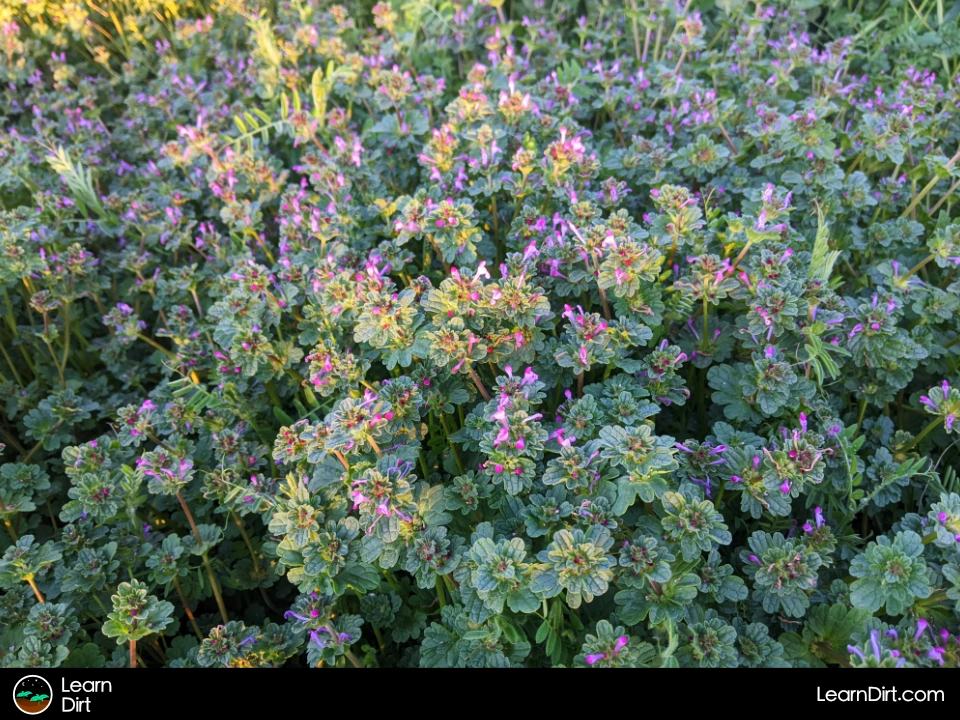
"Weeds" are especially good for FPJ because they're free and abundant, need te be dealt with anyway, and are often full of growth hormones, nitrogen, and minerals.
Use weeds while they're still green, preferably before they begin to flower.
Once they flower, they'll be more ideal for FFJ (though the process is the same.
How to Make Fermented Fruit Juice
Best Fruits for FFJ
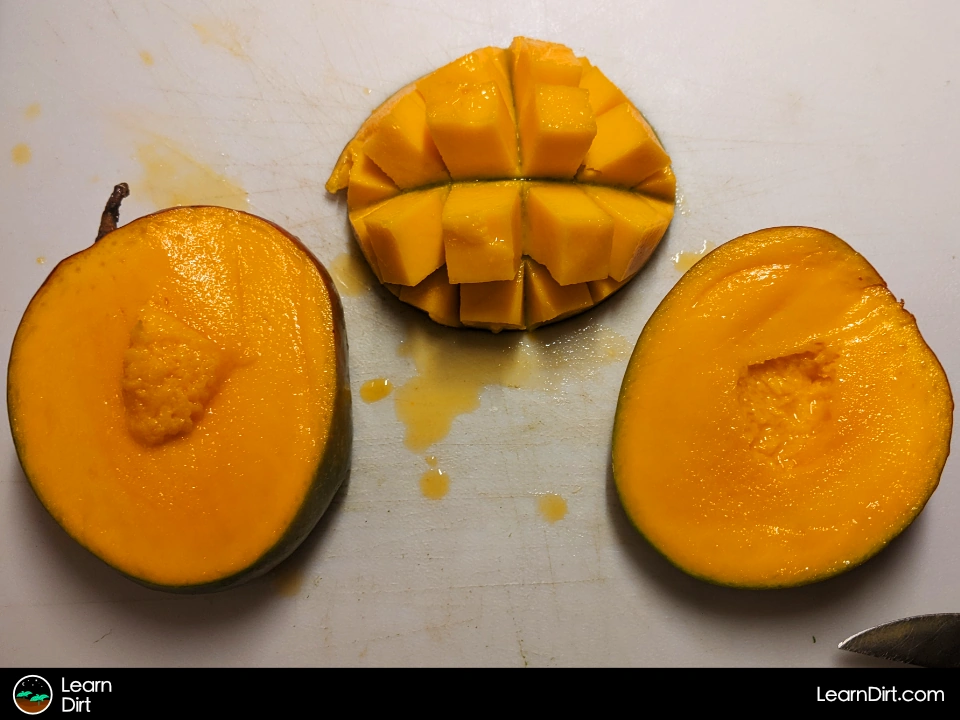
Some fruits are preferred over others for FFJ, because of what they add to the mix. Those include:
- Banana
- Papaya
- Melon
- Mango
- Grape
- Squash
- Pumpkin
- Carrot
Most of these fruits are favored for their sugar and organic plant acids and enzymes.
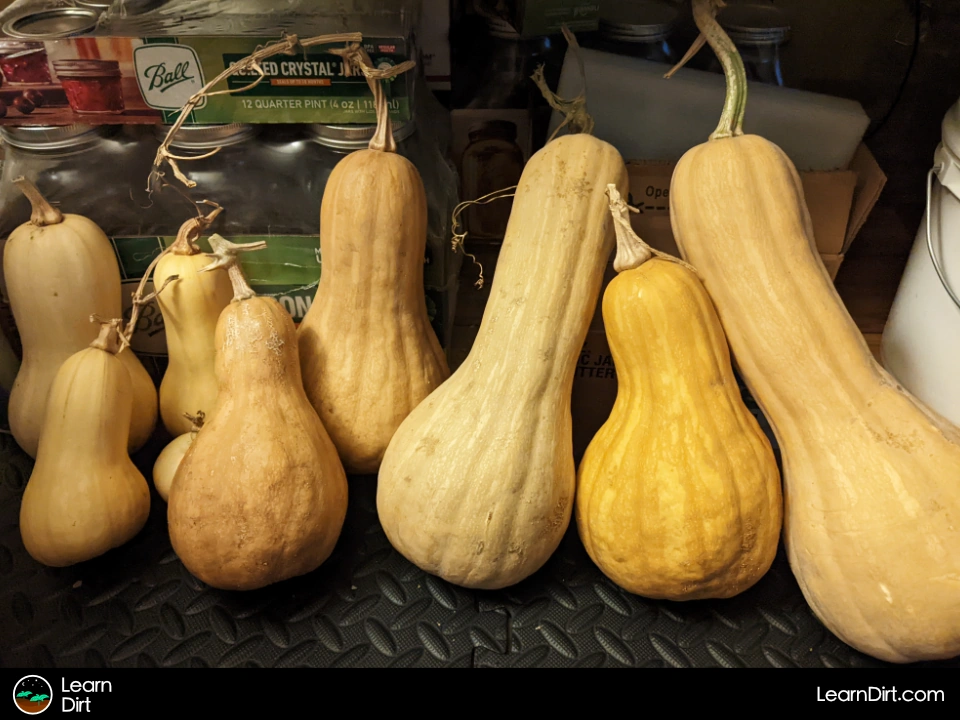
Banana is likely the most cost-effective one on the list if you're not growing any yourself, so banana FFJ is a common choice.
Notice that squash and pumpkins are botanically considered fruit, so FFJ is not limited to the sweet fruits that are colloquially referred to as "fruit."
Also note that carrots aren't a fruit at all, but their high sugar content makes them more appropriate for FFJ than for FPJ.
Utilizing FPJ & FFJ for Sustainable Agriculture
How to Use Fermented Plant Juice
-Be sure to dilute it before use
Dilution ratios (FPJ:water) cited online range from 1:100 to 1:1000.
When in doubt, start with more dilution and slowly up the strength over time if you find your plants are able to handle it and thrive.
-Can be used as a soil drench
-Can be used as a foliar spray when combined with a wetting agent
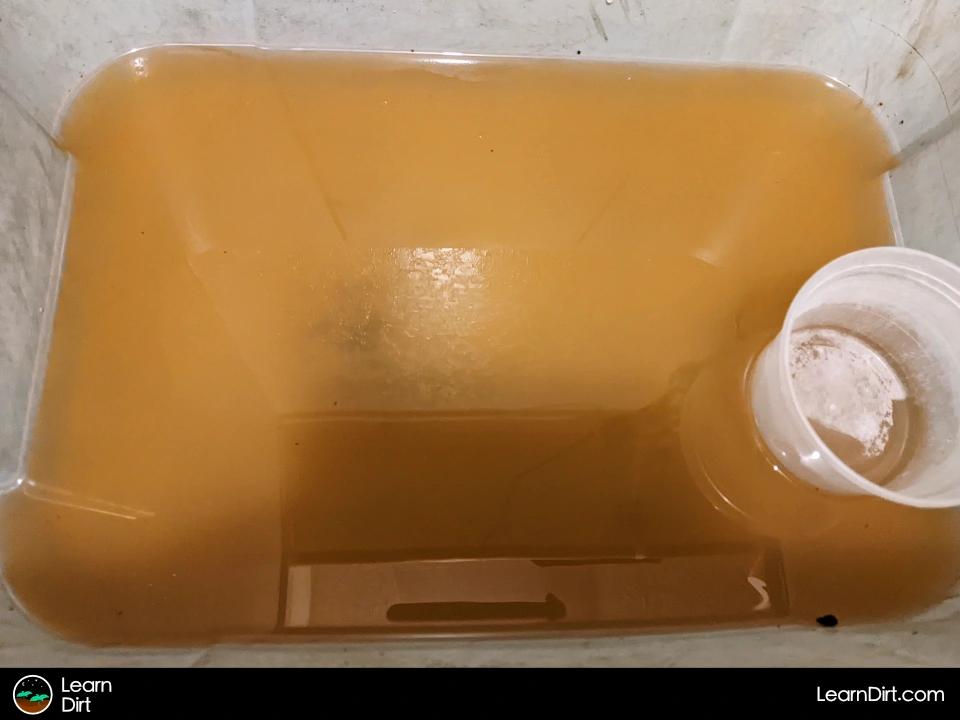
Additional Resources
Books on Korean Natural Farming
If you're interested in learning more about FPJ and about Korean Natural Farming in general, check out the Orange Book. Written by Master Cho's son Youngsang Cho, it delves deep into natural plant ferments, microbial inputs, fertilizers, and natural pesticides.
Also check out the Green Book, which complements the Orange Book by expanding on the plant extracts as natural pesticides. With an extensive list of pest-repelling plants and detailed descriptions, it should only be bought if you already have the Orange Book.
That's all for now, thanks for reading!
If you have any questions, comments, or would like to connect with fellow gardeners, head on over to the forum and post there.


![Black Dirt Live Again [Blue]](/media/product_images/black-dirt-live-again-[blue]_shirt_260x260.png)

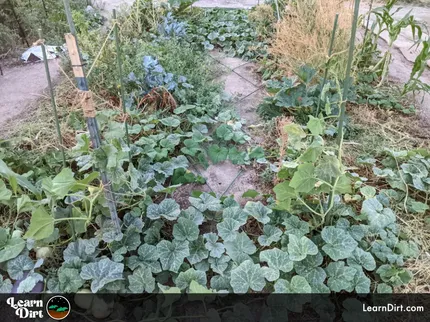
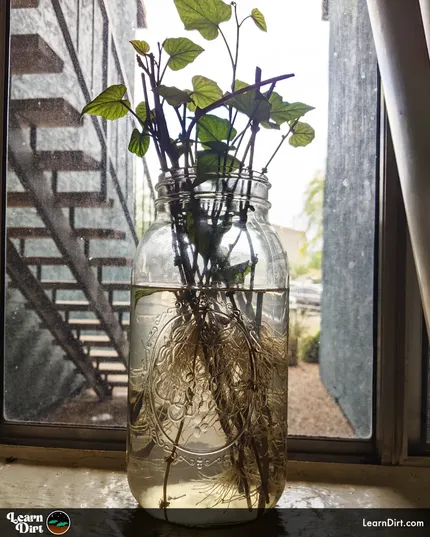
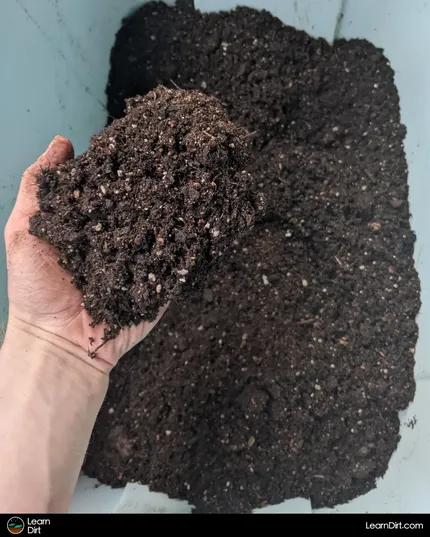

![Don't Till Away Your Carbon [Neon]](/media/product_images/dont-till-away-your-carbon-[neon]_sticker_260x260.png)


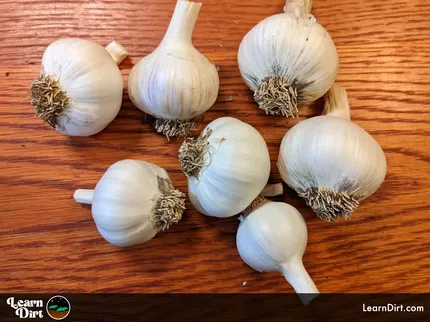
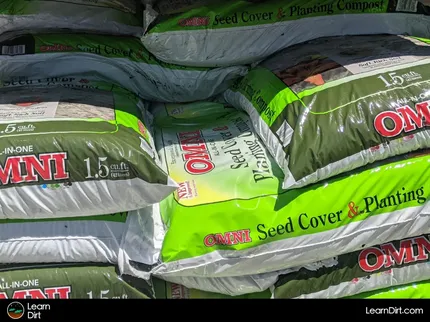
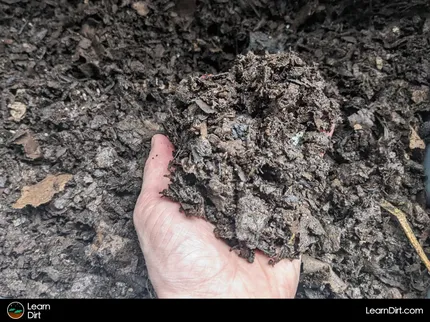
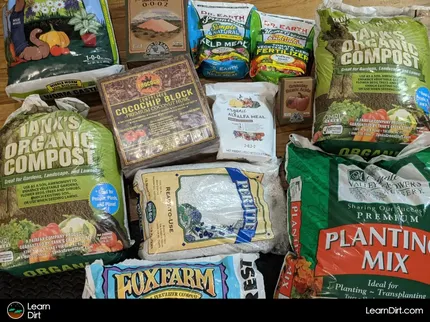
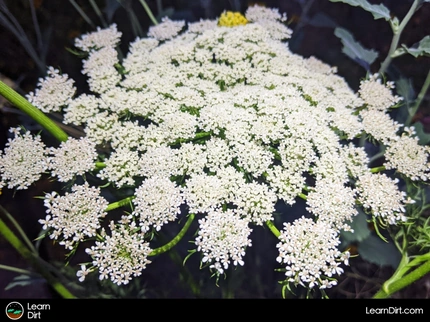
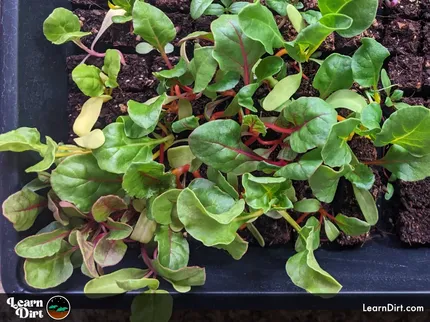
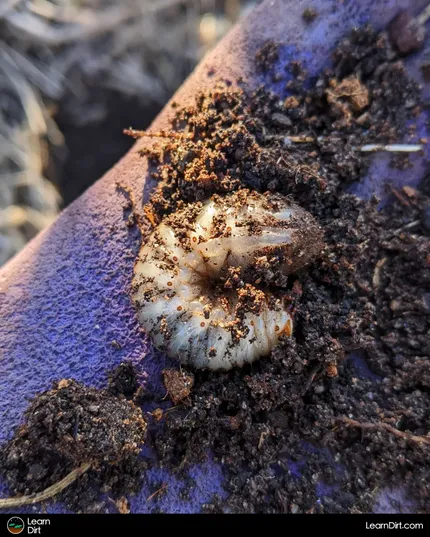
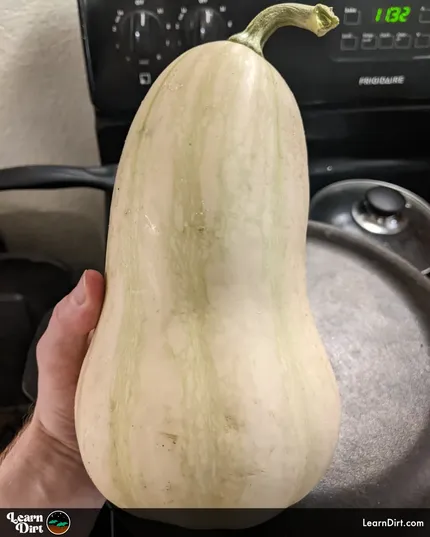

![Black Dirt Live Again [Blue] Sticker](/media/product_images/black-dirt-live-again-[blue]_sticker_260x260.png)
